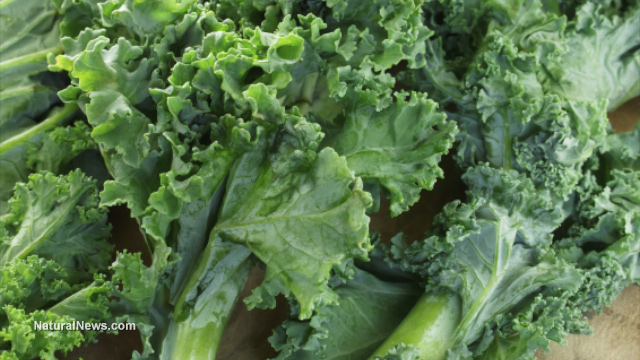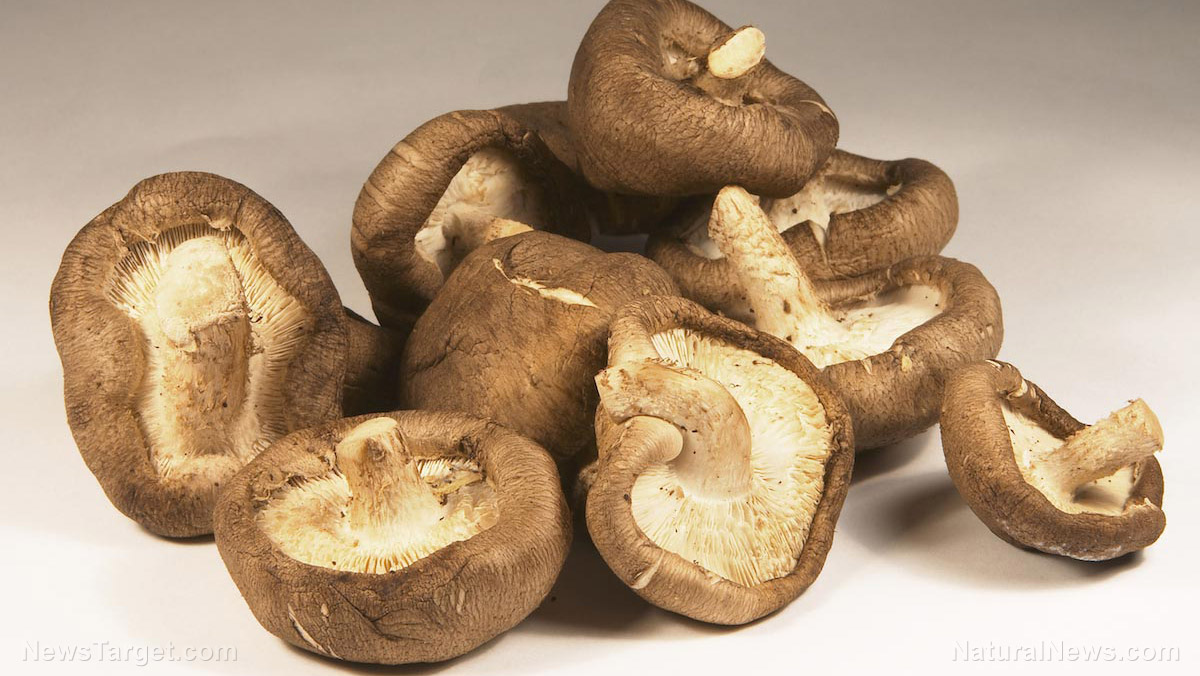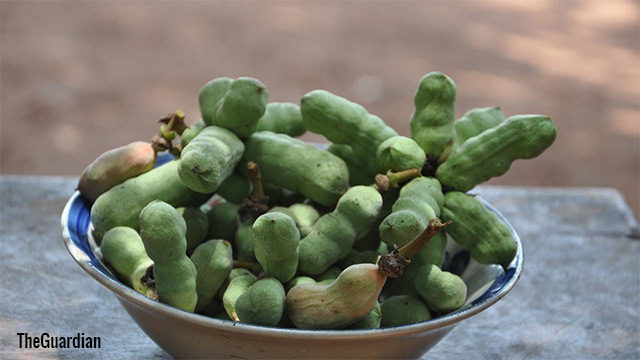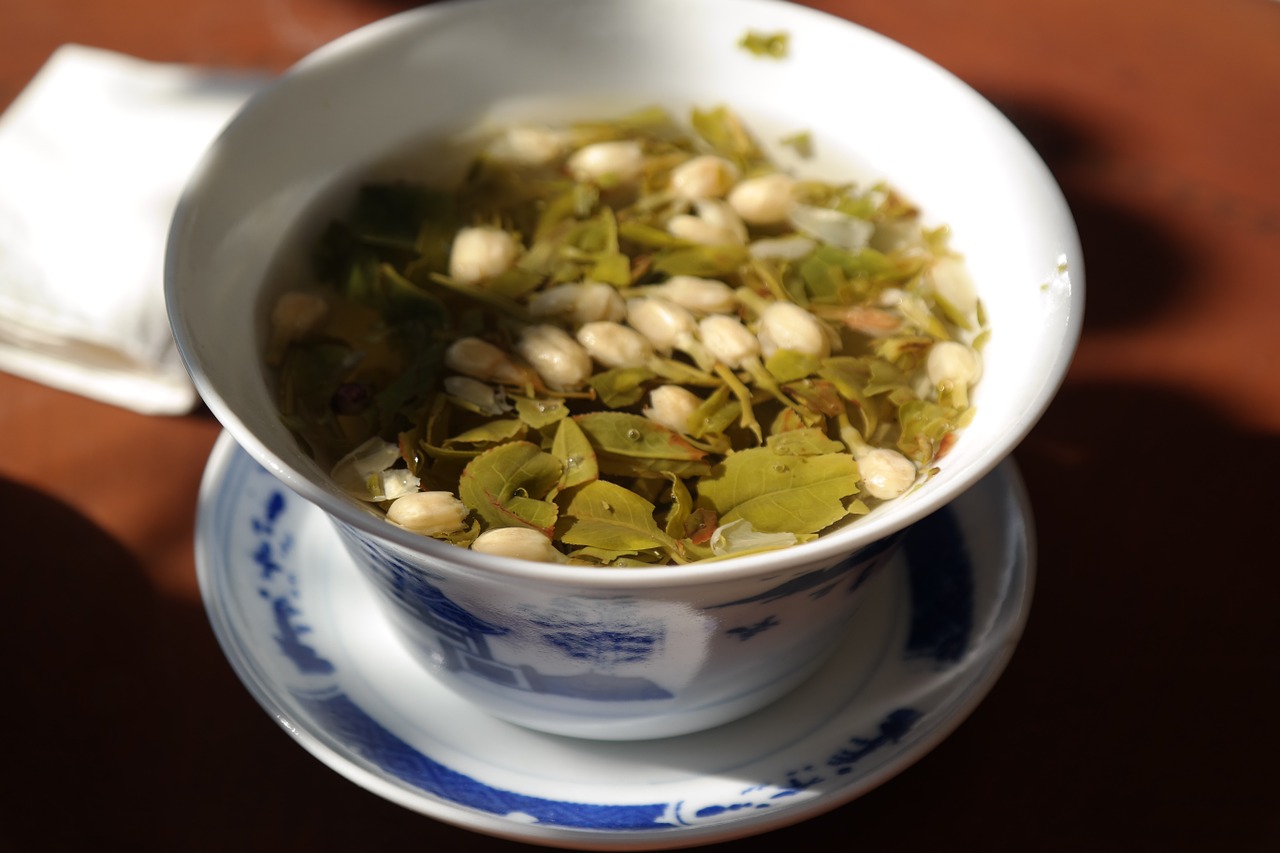Move over blueberries, the chokeberry contains high concentrations of antioxidants that protect your brain from damage
08/07/2018 / By RJ Jhonson

Berries are known not just for their taste, but also for their nutritional content. Despite their small size, most berries are packed with minerals and antioxidants that your body needs for optimal health. This has earned many of them the reputation of being superfoods. The blueberry, for instance, is known for protecting the body from oxidative damage through its sizable antioxidant content. The chokeberry (Aronia melanocarpa), a relative of the rose, can do the same, says a study published in the journal BMC Complementary and Alternative Medicine.
In the study, researchers tested the benefits of chokeberry extracts on HT22 cells, the same cells found in the hippocampus of mice. They induced oxidative damage on the brain cells by the application of glutamate.
Glutamate is also known as glutamic acid. As an excitatory neurotransmitter, it is essential to the creation of action potentials, the electrical impulses that allow your brain to direct action throughout your body. This makes glutamate one of the most important neurotransmitters of all.
Glutamate offers other benefits, such as stimulating the digestive system and boosting your immunity. But like what the classic adage says, too much of everything is bad. Excessive levels of glutamate cause oxidative stress and are linked to neurodegenerative conditions such as Alzheimer’s disease, Parkinson’s disease, and Huntington’s disease.
The researchers wanted to know if chokeberry extracts could protect the brain from the damage caused by increased glutamate levels. They tested the extract in vitro and evaluated a number of oxidative stress parameters, including the level of reactive oxygen species (ROS), intracellular Ca2+ level, glutathione level, and antioxidant enzyme activity in the HT22 cells.
They discovered several promising outcomes. First, the extract was able to decrease the rate of cellular death caused by increased glutamate. It also lowered the levels of ROS, the cause of oxidative stress. The levels of Ca2+, the agent in neuronal calcium signaling that’s linked to neurodegenerative conditions, was also reduced.
On the other hand, chokeberry extract increased glutathione levels and the activity of antioxidant enzymes. This led the researchers to confirm the ability of chokeberry extract to protect brain cells against neuronal degeneration thanks to its potent antioxidant effect.
Chokeberry offers many health benefits
Its dark coloration offers a clue on which phytochemicals chokeberry contains. It is rich in procyanidins, anthocyanins, and phenolic acids – all powerful antioxidants that have been observed effective against oxidative stress and other health conditions.
The studies investigating the benefits of consuming chokeberries are limited, but the ones that do exist offer a promising picture.
A small study published in 2010 revealed that chokeberry has benefits for people suffering from metabolic syndrome. This refers to a combination of health conditions characterized by excess body fat, hypertension, insulin resistance, and inflammation, at times despite a normal body mass index (BMI), leading to increased risks of diabetes and heart disease.
Researchers in the study found that supplementation with chokeberry helped lower the patients’ blood pressure, LDL or bad cholesterol, and inflammation marker C-reactive protein.
Another small study, this time published in 2002, saw diabetic patients experience a decrease in both blood sugar and cholesterol levels. These changes came after the participants took 200 mL of sugar-free chokeberry juice every day for three months.
Discover other fruits with amazing health benefits at Fruits.news.
Sources include:
Tagged Under: Aronia melanocarpa, blood sugar control, brain health, chokeberry, chokeberry extract, cholesterol control, food as medicine, food cures, metabolic syndrome, natural cures, neurodegenerative condition




















